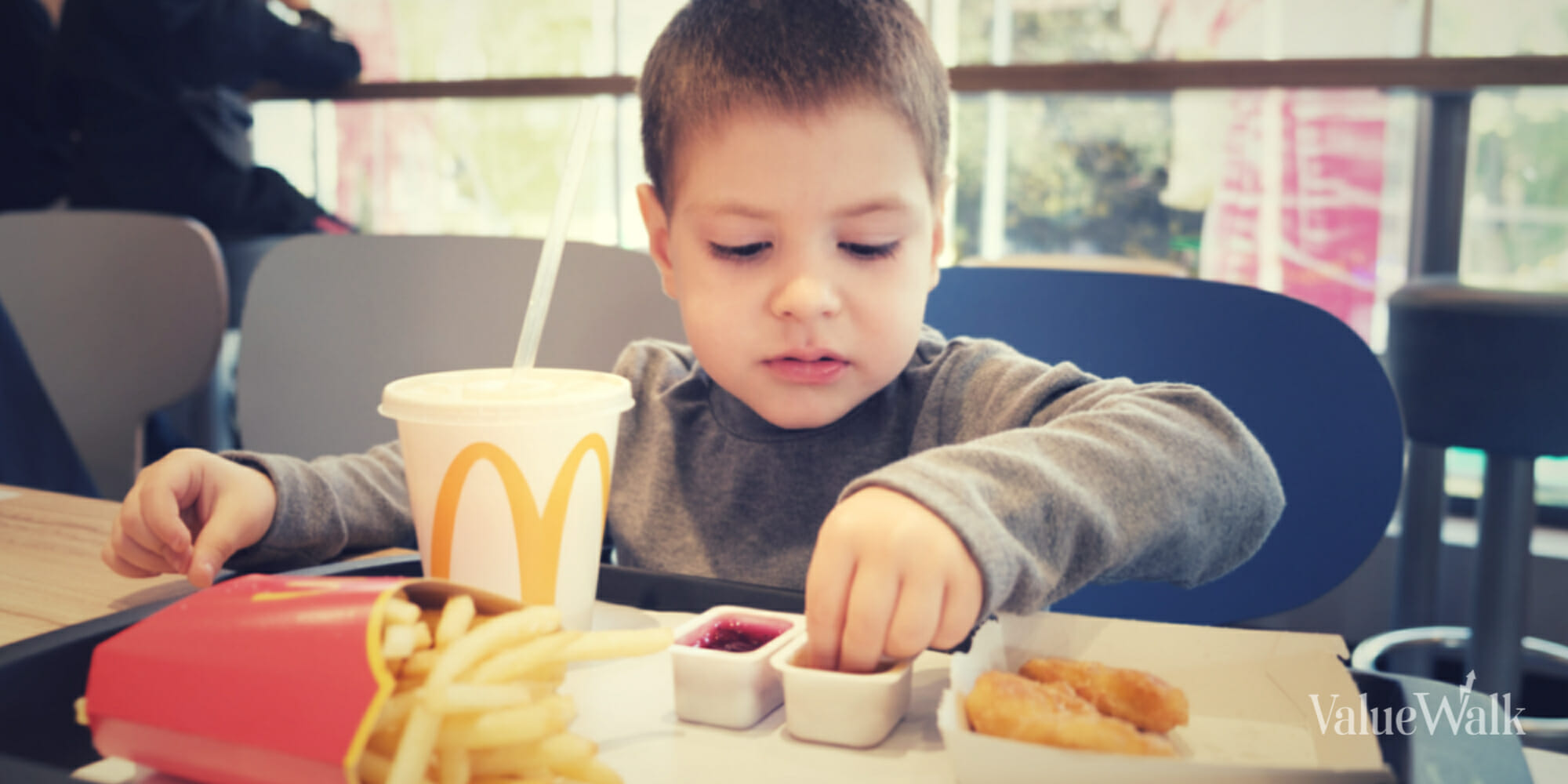Jury Burns McDonald’s Again – Hot Coffee Then, Hot Chicken Now; Movie by GWU Law Grad Explains Why Fast Food Giant Should Pay
Florida Jury Finds McDonald’s Legally Liable For Burning A Child
WASHINGTON, D.C. (May 15, 2023) – A Florida jury has just found McDonald’s legally liable for burning a young child because it sold, as part of a Happy Meal to a toddler, “dangerously hot” chicken McNuggets.
In many ways this seems to parallel a 1990’s case in which a jury found McDonald’s legally liable for burning an adult woman – leaving her “disfigured and scarred” – by serving her coffee which was “dangerously hot,” says public interest law professor John Banzhaf who has taught product liability – and this very case – for many years.
While many suggested that the earlier coffee case was a ridiculous example of a legal system out of control, a then recent graduate of the George Washington University Law school proved just the opposite, and dramatized her findings and analysis of this famous case in an award-winning movie entitled “Hot Coffee.”
Susan Saladoff’s movie explained that:
- McDonald’s served its coffee at 180 degrees, much hotter than all other fast food outlets
- The burn the woman suffered was so serious that her doctors worried she might not survive
- Many other McDonald’s customers, likewise getting coffee from the drive-through lane, had also reported being burning
- Despite all this, McDonald’s did not provide a written or other warning about this unusual and clearly foreseeable risk
- Providing such a warning would have cost very little, and would not have discouraged customers
When a company sells a product which is far more dangerous than the same product sold widely elsewhere, is on notice that many customers have been injured by it so that such an accident is clearly reasonable foreseeable, and the foreseeable danger is so serious that it could kill a customer.
The company has a legal duty either to reduce the danger (e.g. by serving coffee at the industry standard temperature) or, at the very least, to issue a simple warning, says Banzhaf.
Otherwise people will continue to be seriously injured, and everyone but the clearly negligent company will have to bear the medical costs in the form of higher taxes (for patients on Medicare, Medicaid, and other government programs) and/or inflated fees for medical care insurance.
Such awards are also supposed to remind companies that they should not create unusual and unnecessary dangers, and thereby discourage them from doing so, or at the very least not refusing to warn customers of the hidden danger.
It now appears, from this most recent case, that McDonald’s didn’t learn that simple lesson, says Banzhaf, who forced McDonald’s to settle for over $12 million in a law suit for misrepresenting its french fries.
He says that the McNuggets’ suit is in many ways more serious that the earlier coffee one because the victim was a young innocent child, and because she was disfigured as a result.
Banzhaf points out that this new suit by the girl against the fast food giant is valid even if the parent was also negligent in preventing her disfigurement since McDonald’s should have foreseen that it might occur.
Prof Banzhaf has been called “a Driving Force Behind the Lawsuits That Have Cost Tobacco Companies Billions of Dollars,” “The Law Professor Who Masterminded Litigation Against the Tobacco Industry,” and a “King of Class Action Lawsuits.”
When he successfully applied the legal tactics he used so successfully against the tobacco industry to food sellers, he was called “the Ralph Nader of Junk Food,” “The Man Who Is Taking Fat to Court,” “a Major Crusader Against Big Tobacco and Now Among Those Targeting the Food Industry,” and he created a new legal industry of trying to protect food companies against the new and very successful sue-fat lawsuit movement.












